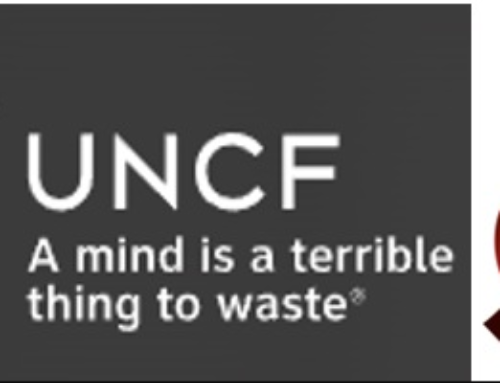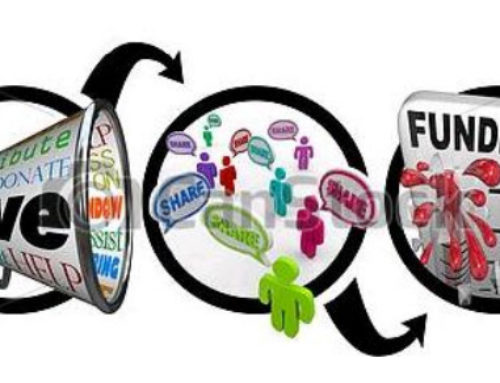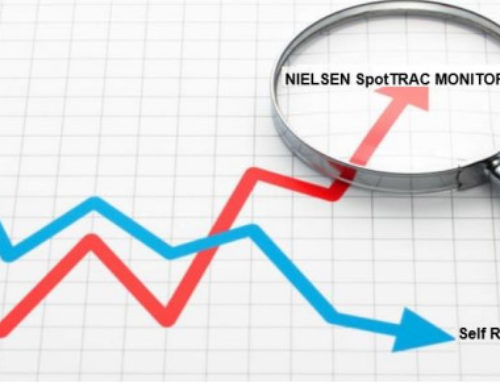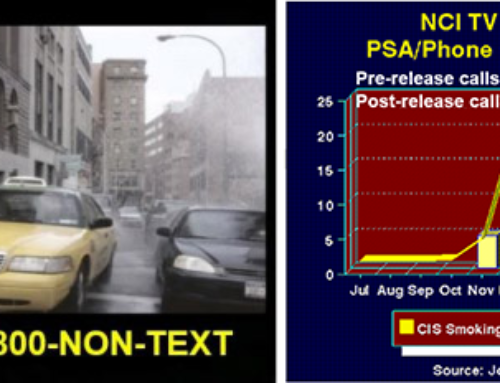Public service ads can run at the oddest times on the oddest subjects, but do seem to have an impact.
The face of a clean-cut teen-age boy fills the screen. His eyes are misty, and as he talks, tears begin rolling down his cheeks. “My parents came back. I think it was that night, or the next day. And they told us that my brother had died. . . . I really felt lonely when he died ’cause I felt I didn’t have a friend in the world.. . . I was so mad ’cause I just knew he had so much to live for, and I felt really guilty every time we passed his grave… I loved my brother a lot.”
That 30-second public-service announcement about drinking and driving was aired by ABC (during a break in a TV special about the same issue called “One Too Many”) and it was about as powerful a demonstration imaginable of how television can communicate the consequences of a social problem. It was also a good example of the interplay between altruism and self-interest that characters public-service announcements on TV today.
The public-service announcement(PSA) and the special on drunk driving aired on the same day that the House Subcommittee on Telecommunications held a hearing on a bill that would have required the networks and local stations to balance their commercials for beer and wine by airing PSAs on alcohol abuse.
Impacting Legislation
ABC’s message was part of a massive campaign by the television industry to demonstrate that it was voluntarily educating the public on the dangers of drinking, and thus, no mandatory laws forcing them to do so was necessary. “Everybody’s behind it now,” said Andrew Ockershausen, chairman of the National Association of Broadcasters’ Alcohol and Drug Abuse Task Force (a task force that didn’t exist before the threat of legislation surfaced.)
“Five years ago, you couldn’t find anyone (airing drinking and driving PSAs) with a search warrant, he said.”
The campaign worked; the bill was tabled. Ockershausen insists that broadcasters will not now abandon their fight against alcohol abuse, but Anne Seymour, former director of public affairs for Mothers Against Drunk Driving (MADD), has her doubts. “They’ve already tapered off,” she says.
Public service, when there isn’t legislation to fight, occupies an obscure little corner of the television world, one of the few arms of the business that aren’t dedicated directly to making money. “We’ve been notorious stepchildren at the stations,” says Erica Broman, public-affairs director for WTXX in Waterbury, Conn.
Reduced Regulation
That they are part of the family at all is largely due to the Government’s requirement that stations serve the public interest in return for their exclusive licenses to use the public airwaves.
Many TV excutives are indeed dedicated to doing just that. Nonetheless, there is widespread concern among TV’s public-service professionals that their ranks may be thinning precisely because the Federal Communications Commission no longer requires that station prove their public-service efforts as stringently as they have have had in the past. “Since deregulation,” says Rose Guilbault, director of editorials and public affairs for KGO-TV in San Francisco, “there’s been a lot of Chicken Little stuff going on – We’re all going to lose our jobs.”
As TV stepchildren, PSAs have always been accorded mostly leftovers. The vast majority of PSAs run in off-hours, when advertising is difficult, if not impossible to sell. CBS, for example, airs about twice as many PSAs per week as ABC or NBC – about 365 a week on average – because it is the only network to have an all-night news show, CBS News Nightwatch. Since Nightwatch is not sold out, it carries lots of PSAs.
Supply vs Demand
The supply of available PSA time may be limited, but the demand is not. Public-service professionals agree that there has been a virtual explosion in the number of causes angling for TV exposure in the past few years. What had largely been the province of such stalwarts as the Boy Scouts, the Red Cross and the March of Dimes is now being invaded by such new contenders as MADD, the Statue of Liberty-Ellis Island Foundation and The American College of Obstetricians and Gynecologists, to name just a few.
Many agencies that have had their Government funding cut back are turning to private donations, and PSAs to generate support. Further, the availability of low-cost video production has helped open the door to a vast array of causes hitherto unknown.
A local hospital in one city produced a PSA warning people to make sure their bath water wasn’t too hot. A humane center in other city submitted a spot urging viewers not to let their dogs drink antifreeze.
ABC and CBS, meanwhile, are developing more in-house PSA campaigns to run in concert with their programs – usually TV-movies on subjects ranging from AIDS to incest to suicide – so that the line between public service and promotion is increasingly blurred. One result of the growing competition exposure has been the appearance of ever slicker, ever more expensive PSAs. Public service directors concede that the better produced the spot, chance it has of getting on the air. Knowing that, the big national organizations are spending more money on their PSAs, sometimes pushing smaller, poorer groups aside.
Using Shock Tactics
Going for shock value has become another favorite technique “Someone,” says KGO’s Guilbault. “has put two and two together and said, ‘Well, if shock value increases ratings and sells newspapers, it will sell our cause’.”
One example was the American Cancer Society’s PSA that warned pregnant women of the damage smoking could do to their unborn children. It showed a strikingly lifelike animated fetus, in utero, smoking a cigarette. ABC was the only network that accepted the spot, but the smoking fetus received extensive exposure on news and talk shows around the country. “Our people were very pleased,” says lrving Rimer, a Cancer Society spokesman. “They said they’d never seen so much coverage before.”
The networks and stations don’t like such spots because if there’s one thing they want to avoid in public service, it’s controversy. All have PSA guidelines that prohibit any spot dealing with a controversial issue and most of the issues they do support are enemyless. No one is speaking out against voter registration, for example, and no one is advocating drinking and driving.
Despite the controversy and the competition, public service remains a relatively genteel pursuit. Charities devote the bulk of their energies toward actually producing their PSAs, not to promoting them to make sure they get on the air. Thus, public service directors receive lots of follow-up phone calls, some of them insistent, some angry, but they are generally not subjected to the hard sell.
Lack of Evaluation
For similar reasons, it’s difficult for nonprofit groups to document exactly how effective their TV PSAs are. They can see in terms of blood units donated, contributions received, or volunteers calling in the results of an entire campaign involving TV radio, newspapers, local fund-raisers and a host of other elements, but they don’t spend the money to determine just how much television contributes to the mix.
Still, ample empirical evidence suggests that PSAs on television have an enormous impact, regardless of how late at night they appear. Public-service directors glow with pride about the emotional letters from parents that came in after the spots on child abuse aired, thanking the station for bringing the issue out in the open; the dozens of senior citizens who were adopted as surrogate grandparents by local families after a
“Family Companion Program” PSA campaign; the missing child who was found after his picture ran on TV; the center for battered wives that was rebuilt after a fire, thanks to a station’s PSA support.
Even the number of deaths attributed to drinking and driving have declined in the U.S.,
and although TV can’t be singled out as the sole reason, few doubt that whatever the
motive behind it, the broadcasters’ alcohol-awareness blitz was a factor.
Ask community affairs directors what motivates their stations in public service – selfpromotion or genuine concern – and most will answer: both. But, they will add, what
really matters is the result. “It’s good business to be involved in the community and to let
people know you’re involved.” concludes WTXX’s Broman. “Yes, it’s self-serving. But in
the long run everybody wins.”







Leave A Comment